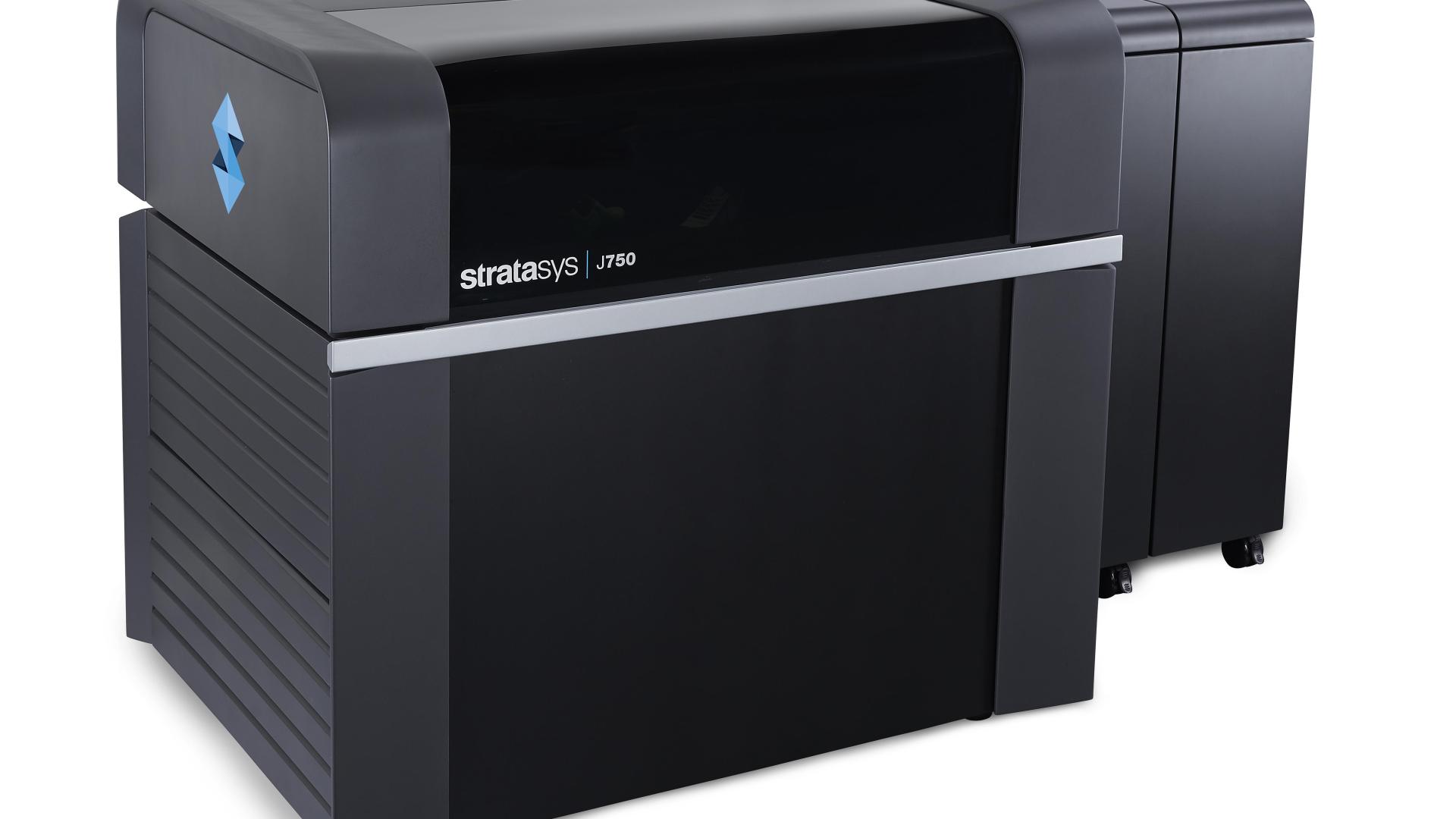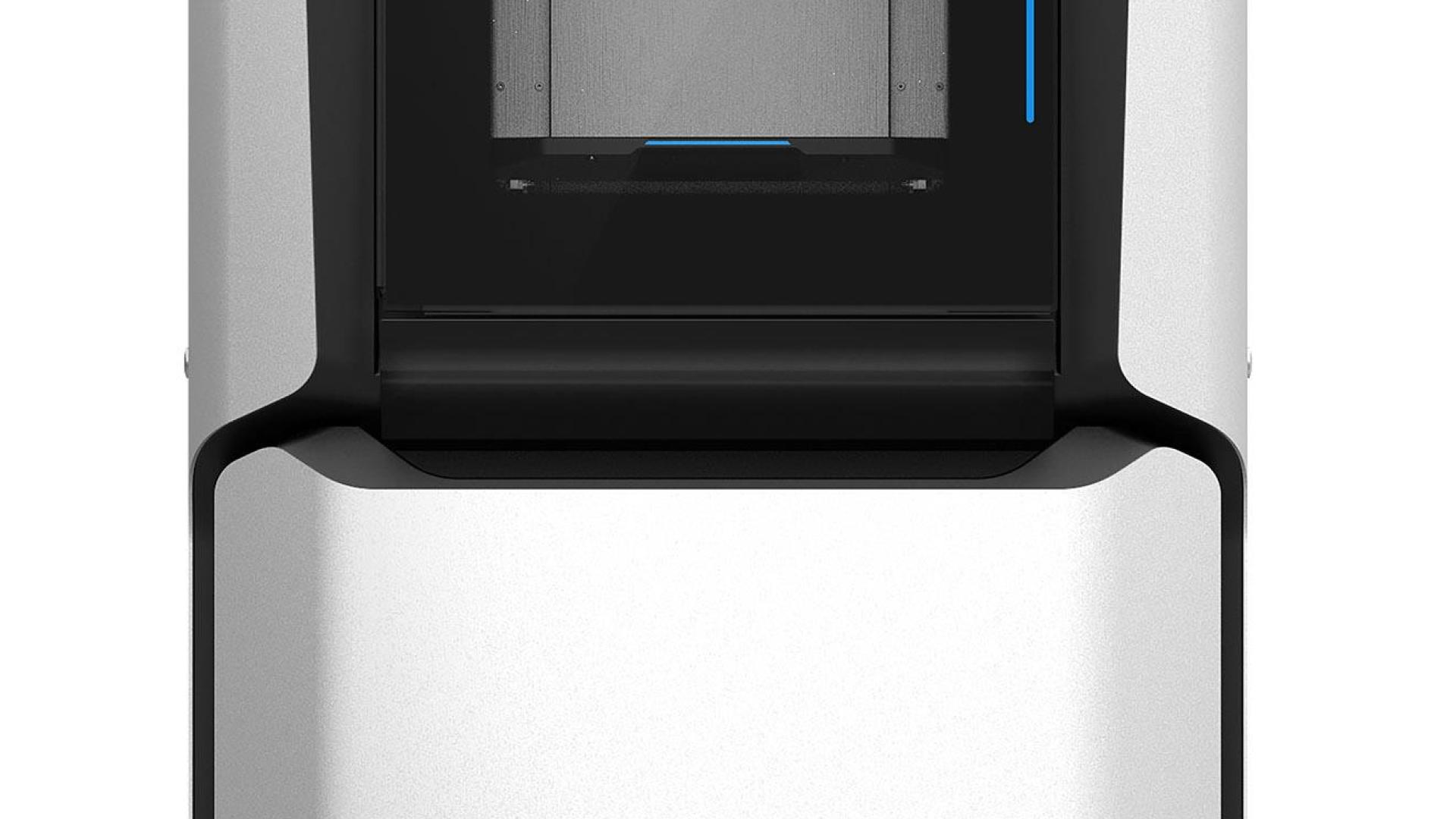Innovation Space will provide 3D printing for all students
It took equal measures of precision and patience, not to mention cables, straps and a three-story crane, to lower three massive crates through the dismantled glass ceiling.
Slowly, gently and finally with a sigh of relief, the first of three industrial grade 3D printers touched the ground floor of the University Library, where the unopened packages will sit until March when the printers will be moved into a newly renovated space.
“These are very, very big Christmas presents for us and the university,” said Roman Kochan, dean and director of University Library.
The new printers will be housed in a specially designed space, the Innovation Space, located on the library’s ground floor and available to all students. The Innovation Space phase 1 will provide 3D printing for all students. It was made possible by the Student Excellence Fee and a generous private donor.
Dean Kochan anticipates a soft launch before the end of the Spring semester with a ribbon-cutting ceremony in Fall 2018. Christiane Beyer, technical leader for the project and Associate Professor in the Mechanical Engineering department, said the additional printers in the Library’s new Innovation Lab will help handle the requests for 3D printing from all departments, such as biology, chemistry and mathematics, as well as engineering and industrial design.
“There are 3D printers in the engineering labs and industrial design, meant mostly for their respective students, but we cannot handle the requests from students because there are so many student projects and students who want printed parts,” Beyer said. “It is hard to keep up with all the requests, so this is a good opportunity to centralize it.”
Other benefits of new printers include a student’s ability to integrate printing into chemistry lab projects, senior research projects and faculty research that will allow them to meet teaching and learning goals using a wide variety of materials. The University Library will become a place where innovation meets collaboration.
“This is the future,” Kochan said. Subject librarians, especially those in the STEM disciplines, will assist in promoting the high-end 3D Innovation Lab to their respective departments to explore ways to incorporate the facility into the curriculum and even library research assignments.
The Student Excellence fee, which was approved by Associated Students Inc. two years ago, according to Kochan. He said preparation of what will be a state-of-the-art physical space for the Innovation Lab was funded by a $500,000 gift from a library supporter.











